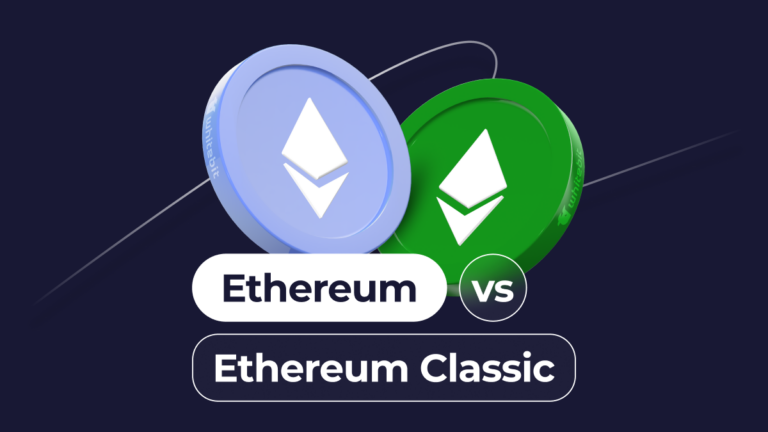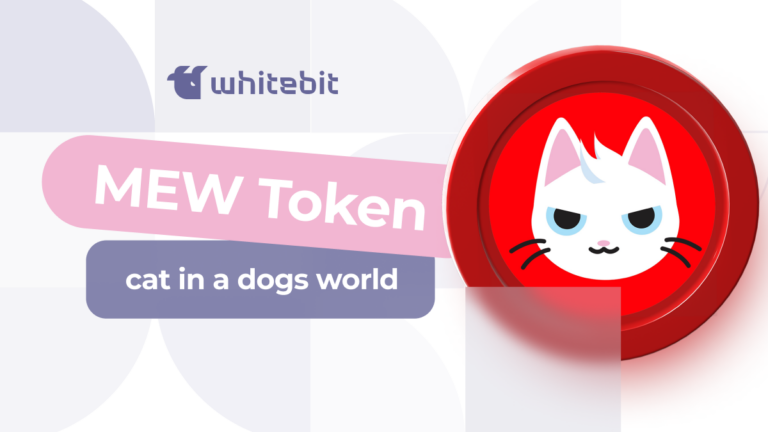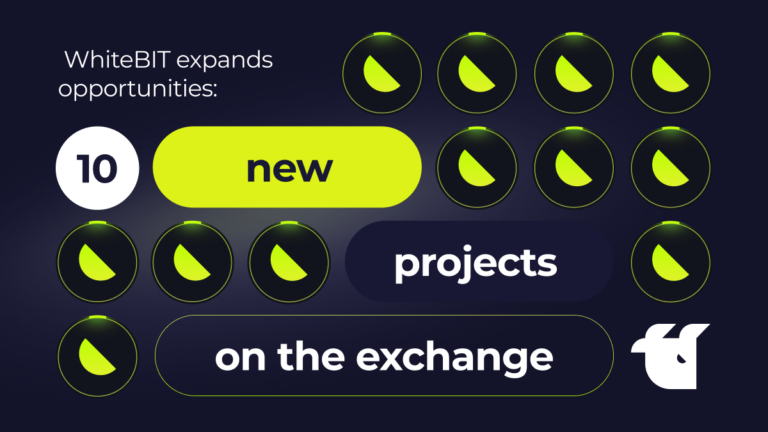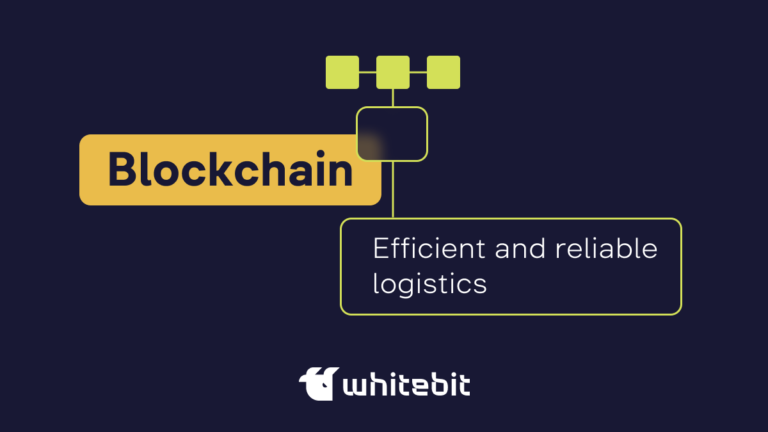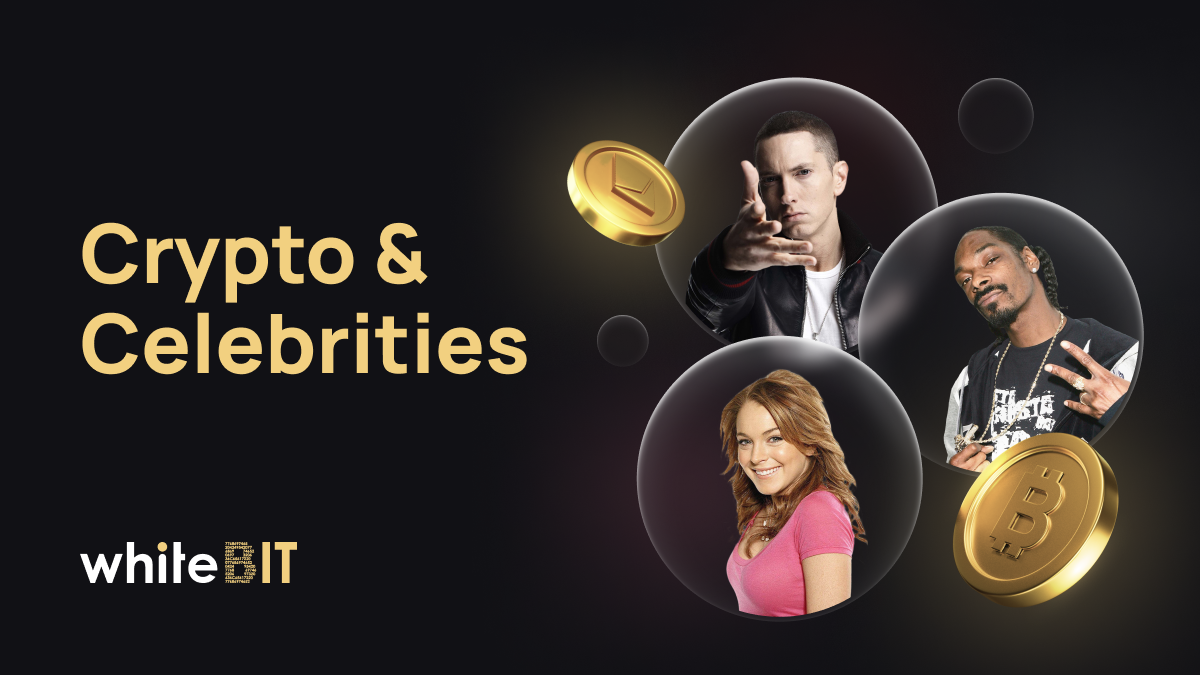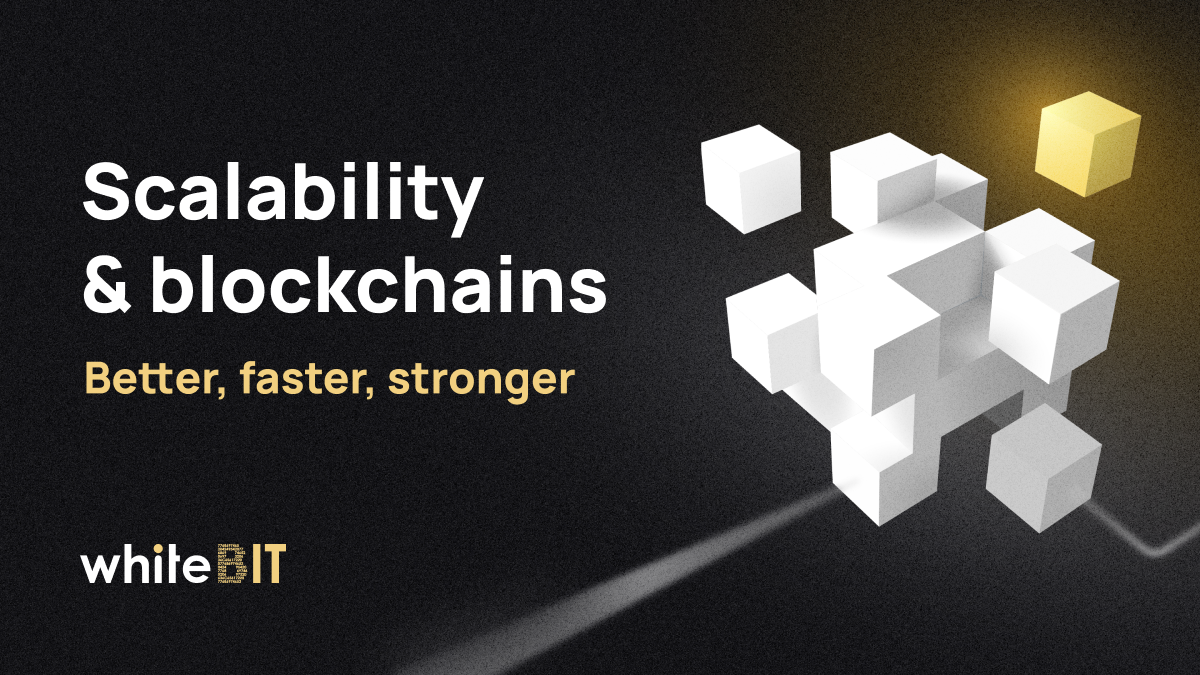Digital identity and Web3: new opportunities for users in a decentralized world
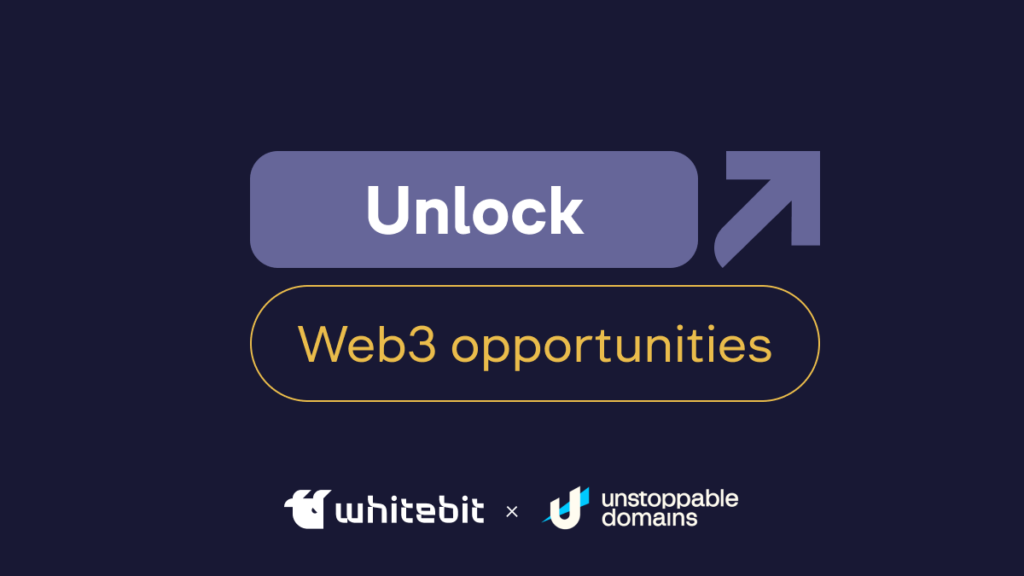
Content
The development of the internet has led to significant advances in communications, commerce, and access to information, but it also has raised concerns about data privacy, security, and centralization.
Traditional digital identification systems often rely on centralized authorities such as social media platforms, email, or government agencies to verify and manage user identities. This centralized approach can lead to privacy controversies, data leakage, trust issues, and censorship.
The Web3 concept proposes to solve these problems by transforming online interaction. The main driver of new standards would be a decentralized digital identity to increase trust and security in the digital world.
The decentralized digital identity aims to give users more control over their data and activities online while providing better privacy and security.
The widely famous NFT, as well as Web3 domains, can facilitate such a transformation.
What Is an NFT, And How Does It Work?
The term “NFT” is already known worldwide, as it has influenced various spheres of our everyday life. But what exactly stands behind these three letters?
“NFT” is an acronym for non-fungible tokens. Non-fungible tokens are one-of-a-kind digital assets stored on a blockchain. Something “non-fungible” is unique and cannot be replaced with something else, like a one-of-a-kind painting or a passport. This differs from “fungible” items, like a dollar bill or piece of gold, quickly replaced by another identical item.
Each NFT contains different identification codes and metadata that distinguish them from each other and cannot be replicated, removed, or destroyed. NFTs are created using smart contracts on a blockchain, which is a decentralized digital ledger.
The technology enables tracking and verification of the ownership and provenance of an NFT. Smart contracts, self-executing contracts with the terms of the agreement between buyer and seller written into lines of code, are used to create NFTs.
NFT Benefits
There are several benefits to using NFTs:
- Unique and Authentic: NFTs represent a one-of-a-kind digital item, making them highly valuable and unique.
- Provenance: NFTs are stored on a blockchain, enabling tracking and verifying ownership and origin. The technology helps to ensure that the item is authentic and has a history of ownership.
- Flexibility: NFTs can represent many digital assets, including art, music, videos, tweets, game items, access to concerts, etc.
- Monetization: NFTs provide new ways for creators to monetize their work, such as selling unique digital items.
- Accessibility: NFTs can be easily bought, sold, or traded on an NFT marketplace, making it easy for anyone to access and own a piece of digital art or another unique item.
- Fractional ownership: NFTs allow for fractional ownership, where one NFT can represent a share of ownership in a piece of art, real estate, or other assets.
- Gaming and Virtual worlds: NFTs can be used to create new gaming experiences where players can own and trade unique in-game items, also in virtual worlds, where users can hold and trade virtual real estate.
- Collecting: NFTs can be used as a new way of collecting, allowing individuals to own unique, one-of-a-kind digital items.
It’s important to note that the use cases and benefits of NFTs are still in development and are subject to change based on the advancement of technology and regulations.
What can an NFT be used for?
NFTs can be used for a wide range of applications and industries. Here are a few examples:
- Music: NFTs can represent music ownership, monetize music, and give artists new revenue sources.
- Video: NFTs can represent ownership of videos, such as videos on YouTube, TikTok, and other platforms.
- Gaming: NFTs can represent ownership of unique in-game items, such as weapons, armor, and other things that can be bought, sold, and traded.
- Collectibles: crypto NFTs can represent ownership of unique collectibles, such as sports cards, stamps, and other items.
- Virtual Real Estate: NFTs can represent virtual real estate ownership, such as virtual land in online games or virtual worlds.
- Social Media: NFTs can represent ownership of tweets, posts, and other social media content.
- Tickets: NFTs can represent ownership of event tickets, such as concerts, sports events, and other performances.
- Identity: crypto NFTs can serve as digital identities, such as voting systems, certifying education, Web3 domains, and more.
These are just a few examples of the many potential use cases for NFTs. The technology and the ecosystem are still evolving, so new use cases and new ways to monetize and popularize NFTs will appear.
One emerging use case is NFTs for digital identity, and Unstoppable Domains is leading the industry for Web3 domains.
NFTs and Digital Identity
NFTs can benefit digital identity in several ways by leveraging their unique properties and basic blockchain technology.
Ownership
NFTs can serve as digital certificates representing different credentials, such as educational degrees, professional licenses, or membership tokens. By linking these credentials to a user’s decentralized digital identity, NFTs ensure that ownership of these credentials is verifiable, transparent, and secure from tampering.
Security
Because NFTs are built on blockchain technology, they benefit from cryptographic algorithms and decentralized consensus mechanisms. This ensures that NFT-based digital identities are secure and resistant to hacking, fraud, and unauthorized access.
Flexibility
NFTs allow users to interact easily with various platforms and decentralized applications (dapps) in the Web3 ecosystem. This provides a more streamlined user experience, as people can use their NFT-based digital identity across multiple applications without managing numerous credentials.
Independence
NFTs empower users by giving them complete control over their digital assets and identity. Users can decide when, to whom, and how their credentials are shared or used, providing better privacy and reducing reliance on centralized services.
What are Web3 Domains?
Web3 domains, or decentralized domains, are a new way of using the internet. It allows users to register and control domain names in a decentralized manner using blockchain technology. These domains are stored on a blockchain and can be bought, sold, and transferred like traditional domain names.
However, unlike conventional domain names, which are controlled by a centralized authority, Web3 domains are owned by the owner through their private key, meaning they are more resistant to censorship and control.
People can use Web3 domains in various ways: to create decentralized websites, point to other web addresses, send & receive crypto and digital assets, login to decentralized applications, send and receive encrypted email and messages, and more.
Web3 domains are a part of the emerging Web3 stack, which is focused on creating a decentralized internet that gives users more control over their data and online identity.
For example, Unstoppable Domains offers Web3 domains to create a user-owned digital identity for everyone. A Web3 domain is a digital name (example: matt.nft) that exists as an NFT on the blockchain.
Unstoppable Domains believes people should own their digital identity and completely control their data. Unlike in Web2, where centralized companies can access your data and private user information and even delete or block your profile without your consent.
The two important aspects of having complete control over your personal data are data sovereignty and data interoperability.
What are the benefits of Web3 domains?
Web3 offers a new way of addressing digital assets, simplifying the process and reducing the chances of error when sending or receiving digital assets.
One of the critical benefits of Web3 domains is the ability to replace long and complicated wallet addresses with human-readable names. Typically, wallet addresses are composed of extended, complex alphanumeric characters, like 0xbc1qw508d6qejxtdg4y5r3zarvary0c5xw7kv8f3t4, which are difficult to remember.
However, with Web3 domains, these long, complicated addresses are replaced with human-readable names, like john.crypto or sarah.x, making the process of navigating Web3 much easier for users.
Unstoppable Domains is building a digital identity platform for Web3 that allows users to register and manage their Web3 domains on the Ethereum and Polygon networks. It aims to support a decentralized web, allowing users to access and control their digital identity assets efficiently.
With Unstoppable Domains, users can register their own Web3 domain name to create a decentralized website, send and receive cryptocurrency, and much more.
There are several benefits to using Unstoppable Domains:
- One-time purchase: you can buy an Unstoppable Domain once and own it for life, unlike traditional .com domains requiring annual renewal fees.
- Simplified crypto transactions: Unstoppable Domains provide a human-readable username that can store all your wallet addresses for sending and receiving crypto.
- Multichain support: you can use Web3 domains to access over 750 integrations, transfer and receive crypto on 165 wallets and log in to more than 470 applications, metaverses, or games. It lets you easily complete crypto transactions across different blockchain networks and wallets.
- Decentralized websites: Unstoppable Domains can be used to create a website on the decentralized web, using pre-made templates, and even showcase your NFT collections.
- Online identity: as the world shifts to Web3, owning an Unstoppable domain ensures that you own a part of the new internet and secure your identity for the next wave of technology.
Secure your Unstoppable domain today to quickly transfer crypto in WhiteBIT!
Web3 domains and digital identity
Digital identity established in Web3 domains aims to give users more control over online activities, improved privacy, and increased security through decentralized and autonomous identity management systems.
Key features of digital identity in Web3 domains include:
Decentralized Identity (DID)
Users create and own their digital identities using Decentralized Identifiers (DIDs), unique and permanent identifiers stored on the blockchain. DIDs can authenticate users and control access to their personal data and online services.
Self-Sovereign Identity (SSI)
Users have complete control over their digital identities, deciding when and how their data is shared or used. This increases privacy and reduces dependence on centralized services.
Cryptographic security
Digital identities in Web3 domains are protected using private key cryptography. Only the rightful owner can access and control their digital identity.
Verifiable data
Users can receive credentials (such as education certificates, licenses, or certifications) from trusted parties that are cryptographically verifiable and tamper-proof.
Check out the benefits of a digital identity by creating your own through the convenient functionality of Unstoppable Domains!


